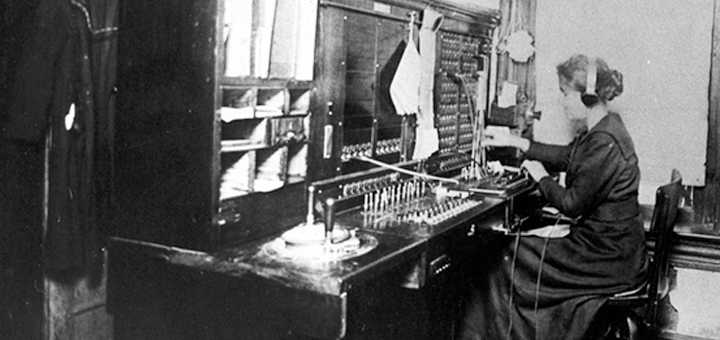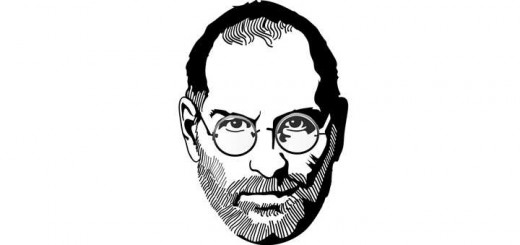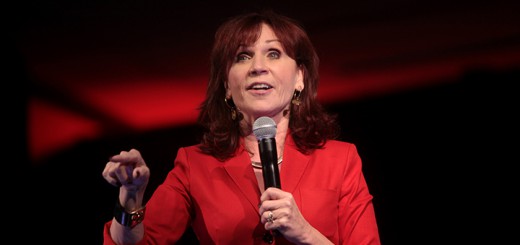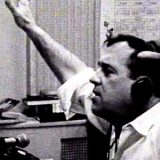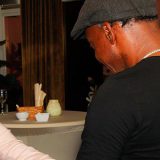A Straight-From-The-Heart Lesson In Connecting With Your Audience
Something happened on BBC Radio Solent last week that’s a great example of what radio is all about—and what podcasting can grow to become.
After his wife went into a nursing home, 95-year-old Bill Palmer called the Alex Dyke show on BBC Radio Solent to talk about his loneliness. Dyke ordered a cab to take Palmer from his home to the studio, where Palmer was Dyke’s guest for the rest of the show.
Listeners phoned in to offer support and advice to Mr Palmer. He was offered Sunday lunch, afternoon trips out and a ukulele orchestra to play for him, but he kindly turned them all down. “I didn’t know such kindness existed,” he told one caller. Dyke said Mr Palmer had “touched the hearts of thousands of listeners” and it was his “nicest moment in 30 years of broadcasting”.
What Radio Does Well it Does Very, Very Well
Dyke’s action was not only a genuine demonstration of humanity, it was also great radio. Here’s why:
- all of us have been lonely at some point in our lives, making Palmer’s story instantly relatable on a deep emotional level;
- unlike social media, we often overlook radio’s ability to move listeners to action because we tend to take a superficial view of the medium. With 40,000 strangers offering to help Palmer handle his loneliness, Dyke laid out one of radio’s strengths in a way that was impossible to ignore;
- radio, and other audio entertainment, is an incredibly intimate form of communication. As Marshall McLuhan noted, radio is a hot medium. It requires participation on the part of the listener (television, by comparison is cool, because we sit back and allow the content to wash over us). That hotness, that participation, deepens the connection, in this case with Palmer. We see and feel his pain from nothing more than his voice and his words;
Dyke used the medium to connect Palmer with his audience, one listener at a time. And therein lies a tale for podcasters.
Another Lesson Podcasters Can Learn from Radio
The odds of our being able to duplicate such an event on our podcasts are slim to none, especially if we don’t distribute a live feed of our shows while recording them. But that doesn’t mean we can dismiss making that connection. Whether we make our listeners feel happy or sad, satisfied or curious, angry or relieved, when we punch RECORD, our job becomes connecting our listeners, one at a time, with an emotional experience they can’t get anywhere else.
It’s hard work.
Alex Dyke had 30 years of experience to guide him when he saw the opportunity in Palmer’s situation. For the rest of us, learning the art of connection will take years of practice. Either we start now and perfect our craft, or we cede ownership of one of podcasting’s great strengths to someone else.
While we’re left with a dropped connection.
[jetpack_subscription_form title=”Get Every Blog Post” subscribe_text=”Enter your address to receive every new post by email.” subscribe_button=”Join Us >>”]

